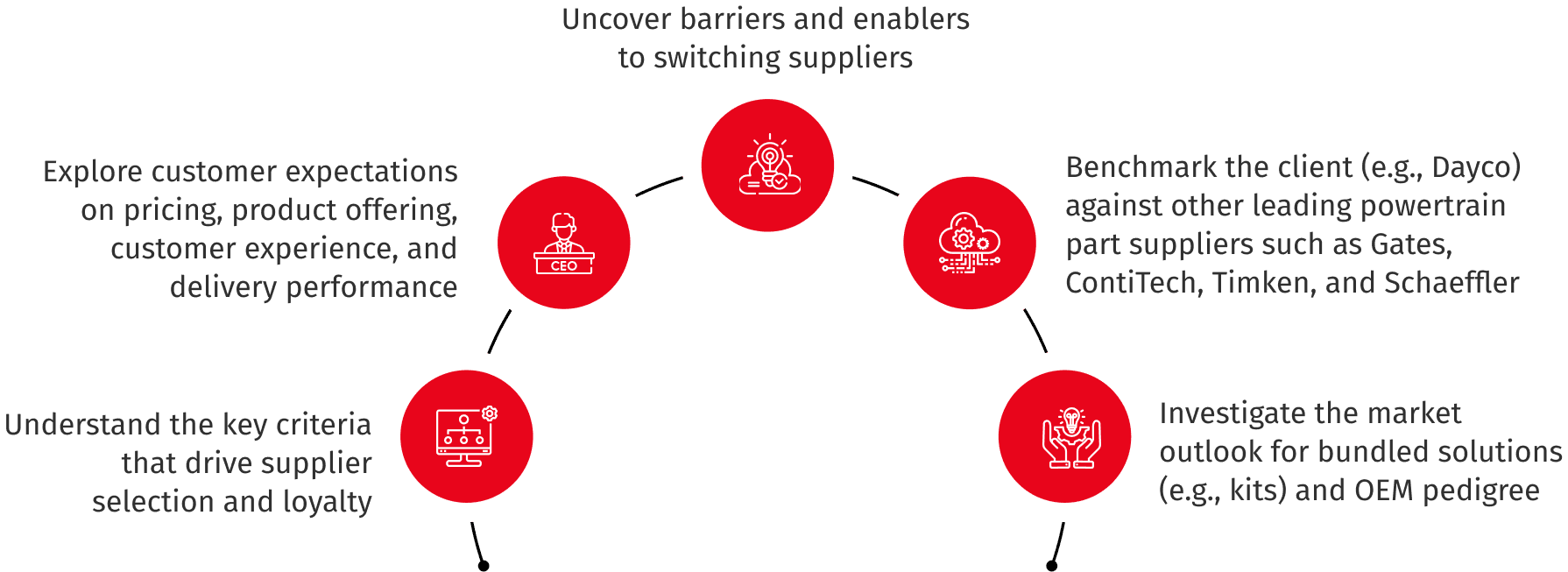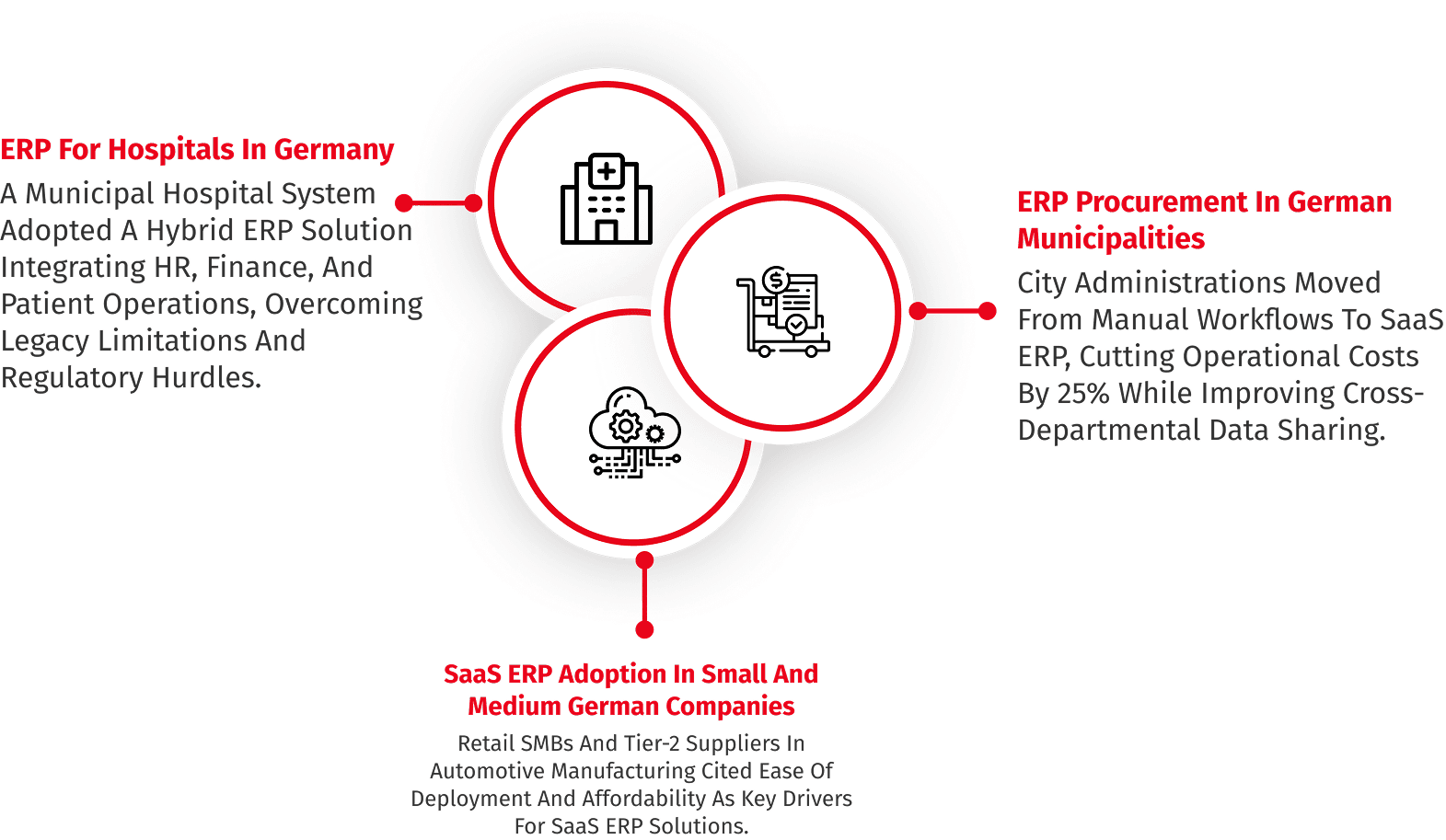Technology
Unlocking the Enterprise Buyer

Enterprise Resource Planning (ERP) software in Germany has become more than just a digital backbone-it’s now central to transforming how German organizations operate, from small enterprises to sprawling government bodies. As part of a comprehensive market research initiative, we set out to understand the ERP adoption trends across sectors, map the ERP decision-making process, and examine ERP implementation challenges, especially in the shift toward cloud ERP solutions and SaaS models.
The adoption of enterprise resource planning software is on the rise across Germany, particularly in response to growing digitalization mandates and the need for system-wide efficiency. From ERP systems for public sector organizations like hospitals and municipalities to ERP for finance and HR in manufacturing firms, our study focused on providing a data-driven snapshot of ERP usage trends in 2025 and beyond.
This survey aimed to explore:

We surveyed 500 ERP users and decision-makers across Germany over four weeks, ensuring representative insights across:
1. Cloud ERP vs On-Premise ERP Comparison
The shift to cloud ERP is real and accelerating.
2. ERP Decision-Making Roles: CIO vs CFO
Who holds the power when it comes to ERP decisions?
3. ERP Vendor Preferences: SAP, Microsoft & More
SAP continues to lead the German ERP market, but satisfaction is mixed.
4. ERP Implementation Challenges
Migration is not always smooth.
5. Emerging ERP Trends in Germany
The future of ERP is smart, scalable, and cloud-native.

Germany is at the cusp of a full-scale ERP software revolution. The findings from this study confirm a robust push toward cloud-based ERP, particularly in the public sector and regulated industries. But barriers remain-security, legacy systems, and internal stakeholder alignment being the top culprits.
For CIOs, CFOs, IT leaders, and policymakers alike, understanding the evolving ERP adoption landscape is crucial for making smarter, future-ready investments. Whether it’s ERP software for government, a SaaS ERP upgrade, or a full ERP system overhaul, the message is clear: the future is integrated, intelligent, and cloud-first.
Jasper Colin offers tailored research on ERP buying behavior, vendor comparison, public sector digital transformation, and IT infrastructure evolution in Germany. Whether you're a vendor, public authority, or enterprise CIO, our research can guide your ERP journey.
Contact us today to explore how we can support your ERP strategy in Germany.